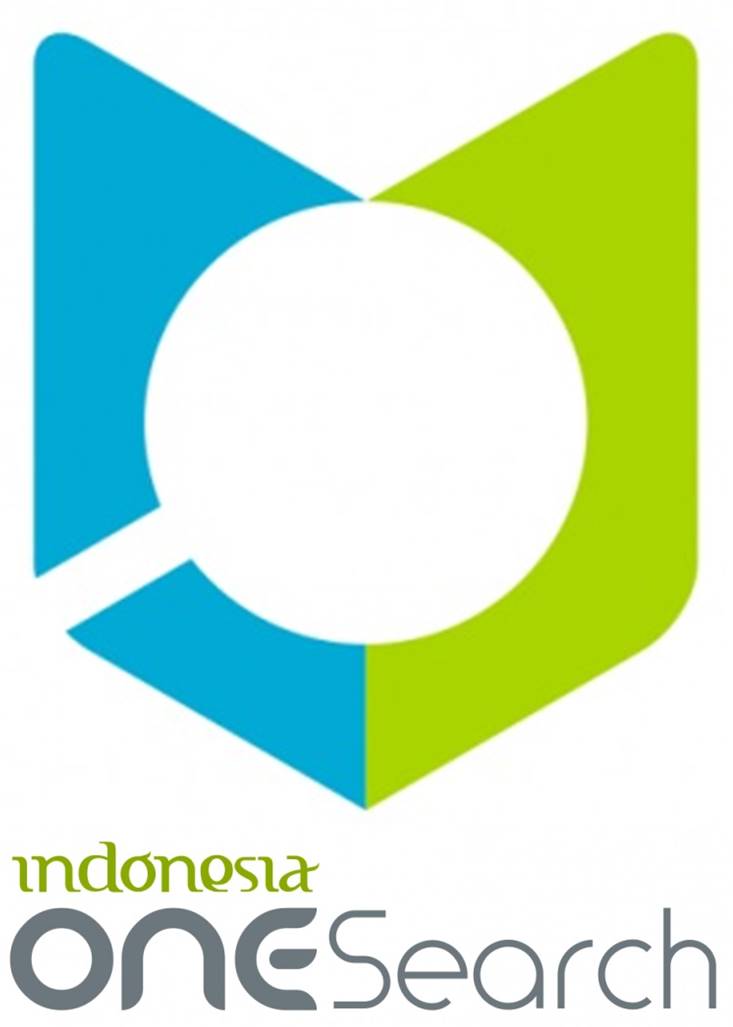Factors influencing exclusive breastfeeding duration in South Sulawesi-Indonesia: A population-based cross-sectional study
Abstract
Background: Exclusive breastfeeding means that the infant receives only breast milk without any additional food or drink given which is started from the day 1 to 6 months old. Breast milk has been considered to be the greatest food source for babies as it contains various substances and antibodies that are important for baby's growth and development.
Purpose: To investigate the factors influencing exclusive breast feeding on mothers at Dahlia Health Center of Mariso District, Makassar, South Sulawesi.
Method: The observational study design by using cross sectional approach. The population of this study was mothers with children aged between 6- 24 months in the working area of Dahlia Health Center in 2020. The total population was 343 mothers. The sampling technique used in study was purposive sampling with a total sample of 80 people.The research data were analysed by using SPSS application with a Chi square test.
Results: The findings of this study indicated various results on different variables. It was shown that p value was 0.030 (<0.05) for the variable of mothers’ age; p value was 0.009 (<0.05) for the variable of mothers’ education; p value was 1,000 (> 0.05) for the variable of mothers’ employment; p value was 0.538 (> 0.05) for the variable of family income; p value was 0.037 (<0.05) for the variable of mothers knowledge on exclusive breastfeeding; and p value was 0.000 (<0.05) for the variable of family support.
Conclusion: From these results, it could be concluded that there are relationships between the variables of mothers’ age, education, work, family income, knowledge, and family support and the commitment of mother to breastfeed their children.
Keywords
References
Afriyani, R., Savitri, I., & Sa'adah, N. (2018). Pengaruh Pemberian ASI Eksklusif di BPM Maimunah Palembang. Jurnal Kesehatan, 9(2), 331-335.https://doi.org/10.26630/jk.v9i2.640
Anggraeni, T. (2016). Hubungan Pengetahuan dan Pekerjaan Ibu dengan pemberian ASI eksklusif di Posyandu Lestari Handayani Desa Jembungan Kabupaten Boyolali. Infokes: Jurnal Ilmiah Rekam Medis dan Informatika Kesehatan, 6(1).
Dahlan, A., Mubin, F., & Mustika, D. N. (2013). Hubungan Status Pekerjaan dengan Pemberian ASI Eksklusif di Kelurahan Palebon Kecamatan Pedurungan Kota Semarang. Jurnal Kebidanan, 2(2), 56-60.
Gemilang, S. W., & Werdani, K. E. (2020). Hubungan Usia, Pendidikan, dan Pekerjaan dengan Pemberian ASI Eksklusif. (Doctoral dissertation, Universitas Muhammadiyah Surakarta).
Hamidah, S. (2018). Hubungan antara dukungan keluarga dengan pemberian ASI eksklusif pada bayi usia 0-6 bulan. Jurnal Midpro, 8(1), 9. https://doi.org/10.30736/midpro.v8i1.2
Hastuty, R. (2015). Hubungan Karakteristik, Pengetahuan dan Sikap Ibu Terhadap Praktek Pemberian ASI Eksklusif di Puskesmas Kelurahan Petukangan Utara Jakarta Selatan Tahun 2014. Fakultas Kesehatan Masyarakat Universitas Indonesia. Diakses dari: https://onesearch.id/Record/IOS7064.12127
Ida, P.H. (2012). Faktor-faktor yang Berhubungan dengan Pemberian ASI Eksklusif 6 Bulan di Wilayah Kerja Puskesmas Kemiri Muka Kota Depok. Fakultas Kesehatan Masyarakat Universitas Indonesia. Diakses dari: https://lib.ui.ac.id/detail?id=20297960&lokasi=lokal
Karnita, K., Suherni, S.,& Santi, M. Y. (2018). Hubungan Karakteristik dan Tingkat Pengetahuan Ibu dengan Pemberian Asi Eksklusif di Wilayah Kerja Puskesmas Koba. Politeknik Kesehatan Kementerian Kesehatan. Yogyakarta.
Makassar City Health Service. (2020).Profil Kesehatan Dinas Kesehatan Kota Makassar tahun 2020. Accessed from: https://dinkes.sulselprov.go.id/document/Profil%20Kesehatan
Ministry of Health of the Republic of Indonesia. (2017). Profil Kesehatan Indonesia Tahun 2017. Kementerian Kesehatan Republik Indonesia. Jakarta. Accessed from: https://www.kemkes.go.id/app_asset/file_content_download/Profil-Kesehatan-Indonesia-2017.pdf
Notoatmodjo, S. (2010). Ilmu Perilaku Kesehatan, Penerbit Rineka Cipta. Jakarta.
Palmeira, P., & Carneiro-Sampaio, M. (2016). Immunology of breast milk. Revista da Associação Médica Brasileira, 62, 584-593.
Pangestika, E., & Yani, J. A. (2016).Hubungan Tingkat Pendidikan Ibu dengan Praktik ASI Eksklusif Pada Ibu yang Melahirkan Di RSUD Wates Kulon Progo. Sekolah Tinggi Ilmu Kesehatan Jenderal Achmad Yani. Yogyakarta.
Pitaloka, D. A., Abrory, R., & Pramita, A. D. (2018). Hubungan antara pengetahuan dan pendidikan ibu dengan pemberian ASI eksklusif di Desa Kedungrejo Kecamatan Waru Kabupaten Sidoarjo. Amerta Nutrition, 2(3), 265-270. https://doi.org/10.20473/amnt.v2i3.2018.265-270
Simanungkalit, H. M. (2018). Status Pekerjaan dan Pengetahuan Ibu Menyusui Terhadap Pemberian ASI Eksklusif. Jurnal Info Kesehatan, 16(2), 236-244.https://doi.org/10.31965/infokes.vol16.iss2.222
South Sulawesi Provincial Health Service. (2019). Profil Kesehatan Dinas Kesehatan Provinsi Sulawesi Selatan tahun 2019. Accessed from: https://apidinkes.sulselprov.go.id/repo/dinkes-PROFIL_20211.pdf
Talbert, A., Jones, C., Mataza, C., Berkley, J. A., & Mwangome, M. (2020). Exclusive breastfeeding in first-time mothers in rural Kenya: a longitudinal observational study of feeding patterns in the first six months of life. International breastfeeding journal, 15(1), 1-9.
Theurich, M. A., McCool-Myers, M., &Koletzko, B. (2021, March). Supporting breastfeeding of small, sick and preterm neonates. In Seminars in Perinatology (Vol. 45, No. 2, p. 151387). WB Saunders.
Umami, W., & Margawati, A. (2018). Faktor–Faktor Yang Mempengaruhi Pemberian ASI Eksklusif. Jurnal Kedokteran Diponegoro (Diponegoro Medical Journal), 7(4), 1720-1730.https://doi.org/10.30604/well.022.82000115
World Health Organization. (2017). Tracking progress for breastfeeding policies and programmes: global breastfeeding scorecard 2017. Geneva, Switzerland. World Health Organization.
Yanuarini, T. A., Rahayu, D. E., & Prahitasari, E. (2017). Hubungan Pengetahuan dengan Sikap Ibu dalam Pemberian ASI Eksklusif di Wilayah Kerja Puskesmas Pranggang Kabupaten Kediri. Jurnal Ilmu Kesehatan, 3(1), 1-9. https://doi.org/10.32831/jik.v3i1.39
Yulianti, F. (2014). Hubungan Antara Karakteristik, Tingkat Pengetahuan dan Dukungan Keluarga Terhadap Pemberian Asi Eksklusif Di Wilayah Kerja Puskesmas Siantan Hulu Kecamatan Pontianak Utara. Jurnal Mahasiswa PSPD FK Universitas Tanjungpura, 1(1).
Yusrina, A., & Devy, S. R. (2016). Faktor yang mempengaruhi niat ibu memberikan ASI eksklusif di Kelurahan Magersari, Sidoarjo.Jurnal Promkes, 4(1), 11-21. https://doi.org/10.20473/jpk.v4.i1.2016.11-21
DOI: https://doi.org/10.33024/minh.v6i4.12262
Refbacks
- There are currently no refbacks.
Copyright (c) 2023 Malahayati International Journal of Nursing and Health Science

This work is licensed under a Creative Commons Attribution-NonCommercial 4.0 International License.
Weblink Journal move to Journal Website
https://e-jurnal.iphorr.com/index.php/minh/home
Weblink Jurnal berpindah ke Website Jurnal
https://e-jurnal.iphorr.com/index.php/minh/home




















